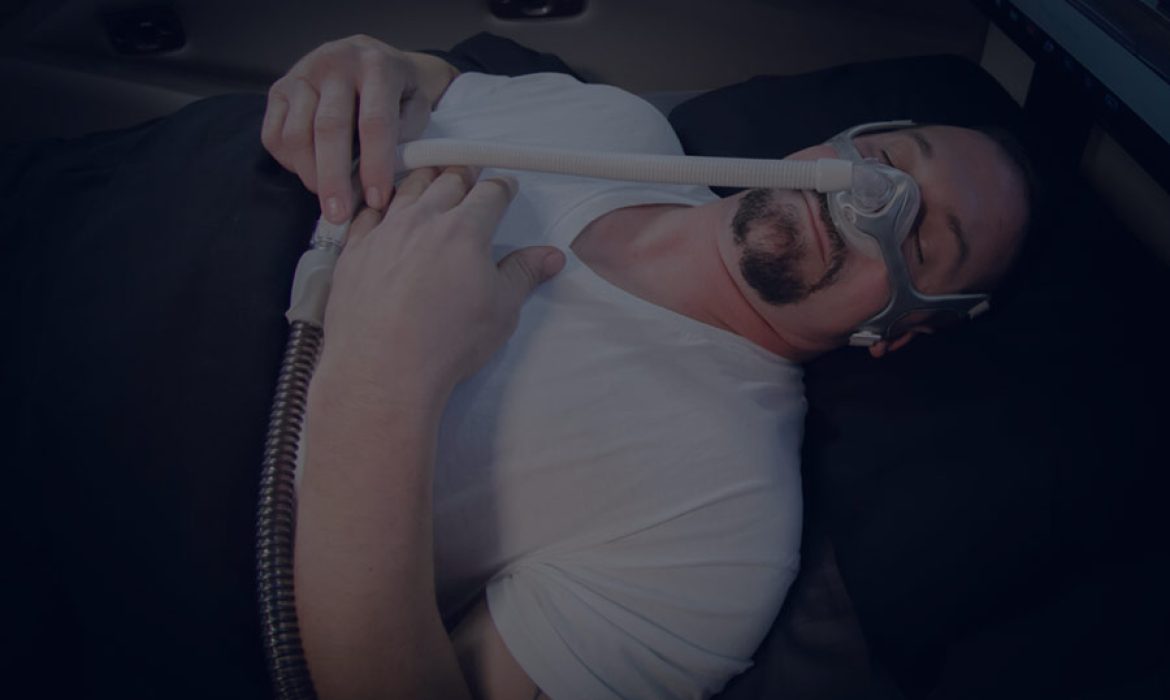SLEEP APNEA EFFECT ON TRUCK DRIVERS – IS IT THE UNSEEN DANGER?
IMPORTANCE OF HEALTH IN THE TRUCKING INDUSTRY
Rarely does the trucking industry talk about the health and mental effects this industry has on their most valuable players – truck drivers. So we decided to put out at least one publication a month regarding these issues. We want to help spread this awareness and tackle these issues because drivers safety is always the number 1 concern.
SLEEP APNEA AND IT’S EFFECT ON TRUCK DRIVERS
Today we are going to talk about sleep apnea, it is a disorder characterized by pauses in breathing or shallow breathing during sleep.
It can lead to daytime drowsiness, which can be dangerous for truck drivers who operate heavy vehicles on the road. The Federal Motor Carrier Safety Administration (FMCSA) has issued guidelines for the screening and treatment of sleep apnea for commercial drivers, including truck drivers. Drivers with moderate to severe sleep apnea must be treated and cleared by a medical professional before they can return to driving.
Let’s take a look at those guidelines.
The FMCSA recommends that truck drivers who have symptoms of sleep apnea, such as loud snoring, gasping for air during sleep, and daytime drowsiness, be evaluated by a healthcare professional who is trained in sleep medicine. If a driver is diagnosed with sleep apnea, they must be treated before they can return to driving.
TREATMENT
Treatment options include continuous positive airway pressure (CPAP) therapy, which uses a machine to deliver air pressure through a mask worn during sleep to help keep the airway open, and oral appliances, which reposition the jaw and tongue to help keep the airway open. Drivers who are treated for sleep apnea must also be recertified by a medical professional every year to ensure that the treatment is working and that the driver is able to safely operate a commercial vehicle. The FMCSA also requires that medical examiners (MEs) who conduct the medical examination for commercial driver’s license (CDL) holders to be trained in identifying the signs and symptoms of sleep apnea and to refer drivers who may have the condition for further evaluation. It is important to note that in addition to the FMCSA’s guidelines, individual states may have their own laws and regulations regarding sleep apnea and commercial drivers.
In addition to the treatment and certification requirements for drivers with sleep apnea, the FMCSA also encourages employers of commercial drivers to educate themselves and their employees about the risks of sleep apnea, and to take steps to identify and refer drivers who may have the condition for evaluation. Some trucking companies have implemented screening programs for sleep apnea, and may even provide treatment options for their employees. This not only helps to ensure that their drivers are healthy and fit to drive, but also can be beneficial for the company, as untreated sleep apnea can lead to increased healthcare costs and absenteeism. Also, it is important to note that, Drivers who are treated for sleep apnea and have not had any symptoms after treatment are considered to have a “well-controlled” sleep apnea and are not subject to any restrictions. However, if a driver is not compliant with treatment or continues to have symptoms, they may be subject to a restriction on their CDL, such as a requirement to use a CPAP machine while driving, or a restriction on the type of driving they are allowed to do.
THE BOTTOM LINE!
Overall, sleep apnea is a serious condition that can impact a truck driver’s ability to operate a commercial vehicle safely. It is important for truck drivers, trucking companies, and medical professionals to be aware of the risks and to take appropriate steps to address the issue.







